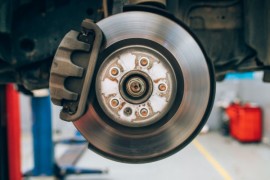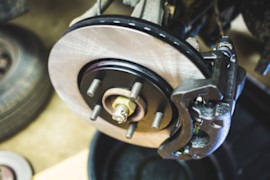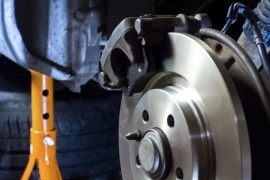{
"lazyNodes": false,
"abFitnotesFlag": false,
"abCrawlReviews": false,
"productOptionsCookie": false,
"orderDelayFlag": false,
"skipSessionCookie": false,
"covidMessage": false,
"fullTitleCookie": false,
"nrLoggerCookie": false,
"checkoutReviewCookie": false,
"productOptionSeqCookie": false,
"maintenanceFlag": false,
"bufferETACookie": false,
"multiShippingDiscountFlag": false,
"newFitmentFlag": false,
"surveyOptInFlag": false,
"crossSellFlag": false,
"skuMappingFlag": false,
"paySplitCookie": false,
"callDisableFlag": false,
"zipPaymentFlag": "u",
"hassleFreeReturn": false,
"lifetimeReplacement": false,
"cpn_off": false
}Need Help? Call Us1-866-529-0412
1992 Audi S4
1992 Audi S4 Brake Disc and Pad Kits
Refine by:
Shop Catalog
Showing 1 - 1 of 1 results
Sort by:
Part Number: E35S9KF1640
Guaranteed to Fit
$508.39
Vehicle Fitment
- 1992 Audi S4 All Submodels All Engines FMSI Pad No. D419; Vented; 5 Bolt Holes; 276mm Dia.; 59mm Height; 25mm Thick; 68mm Center Hole Dia.
Product Details
Location : FrontSeries : S9 Yellowstuff Pad and USR SportDisc Design : SlottedDisc Finish : Thermic Black and Nitrotherm CoatedPad Material : Aramid FiberRecommended Use : Performance ReplacementNumberof Lugs : 5 LugsDisc Material : Cast IronQuantity Sold : 2-Wheel SetWarranty : 12-month or 10,000-mile EBC limited warranty excluding wear and tear or race useProp 65 Warning :
![]() WARNING: This product can expose you to chemical which is known to the State of California to cause cancer and birth defects or other reproductive harm. For more information go to www.P65Warnings.ca.gov.
WARNING: This product can expose you to chemical which is known to the State of California to cause cancer and birth defects or other reproductive harm. For more information go to www.P65Warnings.ca.gov.
Page 1 of 1 | Showing 1 - 1 of 1 results
Popular Products

EBCFront Brake Disc and Pad Kit, Slotted 5 Lugs Aramid Fiber S9 Yellowstuff Pad and USR SportManufacturer #S9KF1640
( Reviews) Questions, Answers
EBC S9 YELLOWSTUFF BRAKE PAD AND USR ROTOR BRAKE KIT
The S9 Yellowstuff brake pad and USR rotor brake kits from EBC are ideal for drivers who like to go fast and want their brakes to be there during those fast laps. The kit uses EBC's ultra-high-friction, Aramid fiber, Ye...
Helpful Automotive Resources
How Often Do Brakes Need to Be Replaced?
Pro Tip:
Drum brakes are still a thing on some new vehicles, but since they’re usually in the rear, drum brakes don’t usually require as much service as front disc brakes.
A Short Course on BrakesOn a disk brake, the fluid from the master cylinder is forced into a caliper where it presses against a piston. The piston, in-turn, squeezes two brake pads against the disk (rotor), which is attached to the wheel, forcing it to slow down or stop.
How Do Car Brakes Work?Under pressure and expelled from the master cylinder, the brake fluid amplifies the force transmitted by your foot. Using this force, each brake caliper squeezes a pair of brake pads against a rotor, creating friction.
Each wheel on your vehicle comes with its own brake and attached hydraulic device. All





